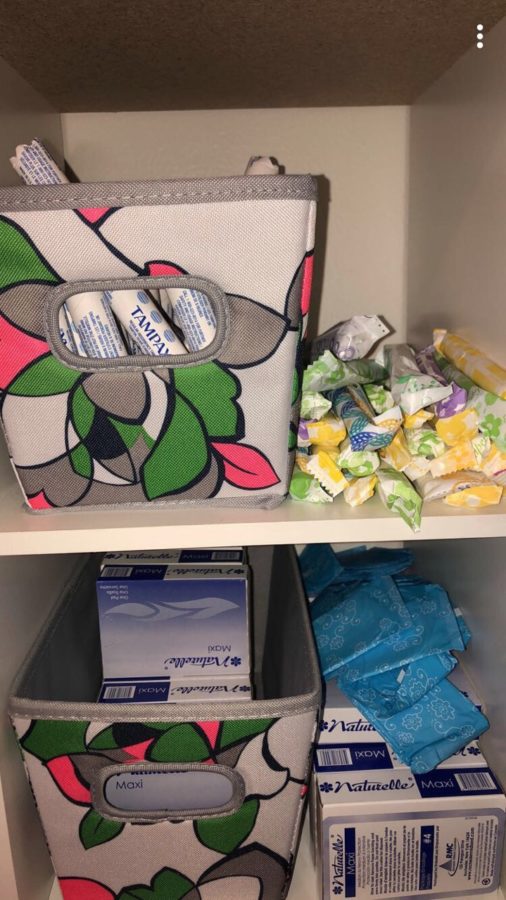Why are Tampons Taboo?
In one lifetime, it is estimated that the average American woman will use 16,000 tampons, but surprisingly very little is known about the products that is put in one of the most absorbent parts of the female body.
In fact, tampon companies aren’t even required to publish the ingredients they use to make their products, creating speculation as to whether or not the items are harmful. There is the possibility that tampons and pads contain chemicals that pose a threat and when they come into contact with skin or tissue, they can enter the bloodstream. It’s impossible to know what is being absorbed when the ingredients aren’t listed.
There is no doubt that these products mostly contain cotton, but this can mean pesticides used to fertilize cotton crops and bleach meant to get the pristine white color are also included. The idea of putting fertilizer or bleach in my body is unsettling to say the least, especially considering the importance of our reproductive organs and the proximity to the tampon.
In addition to bleach and possible pesticides, feminine care products often have fragrance to mask natural odors; these scents are often chemically concocted. The plastic applicators can also contain BPA a chemical known to disrupt hormones and cause cancer.
Besides the potential negative impact on bodies, feminine care products can be harmful to the earth. All of the items used end up in the trash, including the plastic wrappers and applicators. All of that plastic takes longer to break down–if it breaks down at all. Besides this, the bleaching process is harmful to ocean life, because ultimately the chemicals and waste ends up in the ocean.
Although the discussion of feminine care products is often avoided in general, it is an important discussion to have. Most women have heard of Toxic Shock Syndrome, a rare, but life threatening bacterial infection, mostly associated with leaving a tampon in for too long, but many have no idea what is actually in their tampons. This conversation is long overdue and other options are available.
Natracare makes all natural tampons and The Honest Company makes tampons and biodegradable applicators. These are all better for the environment, too. Women have choices and knowing more about the products they use helps them make informed decisions.
Your donation will support the student journalists of Rocky Mountain High School - CO. Your contribution will allow us to purchase equipment and cover our annual website hosting costs.

Abi Loughrey is a senior attending Rocky Mountain High school. In her free time, she can be found reading, being with family, and enjoying new experiences...







Payton • Apr 9, 2018 at 10:36 am
This is a very informative story that I enjoyed reading, but what sources did you use? There is so much evidence to prove your point and I wanted to read more from where you got info about things like BPA.